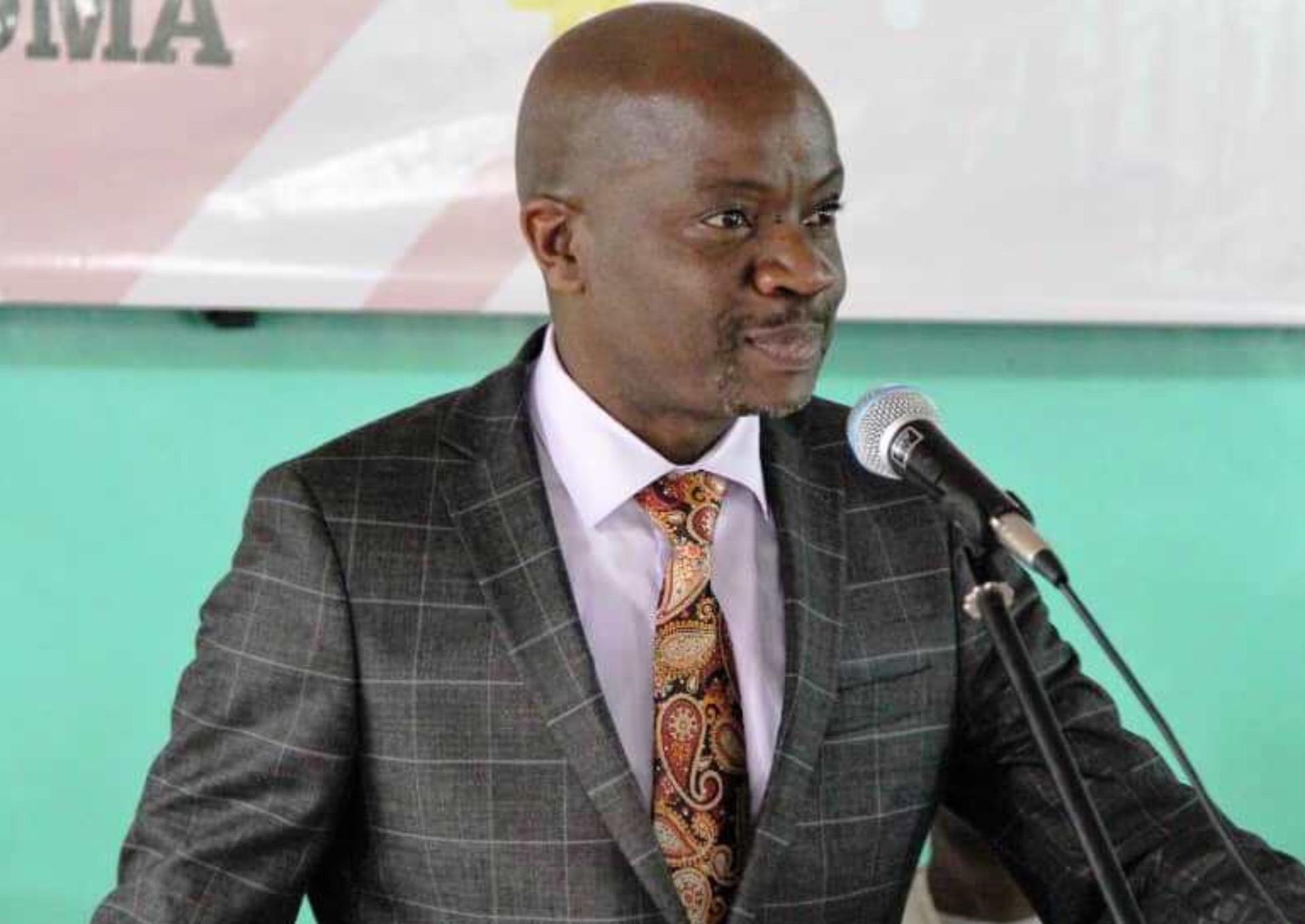Africa-Press – Malawi. The Supreme Court of Appeal on Wednesday, August 4, 2021 ruled in favour of Malawi Communications Regulatory Authority (MACRA) employees whose contracts were recently nullified by the former Ombudsman, Martha Chizuma, allegedly because their employment was irregular.
In her investigation report on MACRA’s recruitment processes, dated May 10, 2021, the former Ombudsman invalidated 16 employment contracts after detecting several procedural illegalities and irregularities. MACRA proceeded to implement the Ombudsman’s order and dismissed the employees.
The affected employees included Director General, Godfrey Itaye, Administration Manager, McDonald Pato Phoya, Technical Advisor on Digital Migration, Benson Tembo, and Director of Administration, Henry Macheso, among others.
The fired employees applied for a Judicial Review on the former Ombudsman’s determination to nullify their positions at MACRA, which the court ruled in their favour.
At same time, the employees had asked the High Court for stay of the Ombudsman’s report pending judicial review, which the High Court rejected on the basis that the employees have alternative remedy under employment law.
Basing on the High Court ruling, the employees challenged their employer’s dismissal at the Industrial Relations Court (IRC). They also applied for interim relief that they be reinstated.
The Chairperson for the IRC granted the interim order to the employees, staying termination of their employment following the nullification of their contracts of employment by the Ombudsman.
The IRC also ordered that the employees be deemed to be on leave on half pay from the date of termination of their employment until conclusion of the matter in the Industrial Relations Court.
However, the court ordered that the employees surrender motor vehicles assigned to them to the IRC and that the vehicles be parked at the High Court of Malawi premises at Chichiri in Blantyre.
Instead of challenging the matter at IRC, having been aggrieved by the IRC interim relief granted to the employees, MACRA asked the High Court to exercise supervisory powers over IRC on its interim relief decision.
The High Court rebuffed MACRA in Miscellaneous Civil Review Case No. 67 of 2021 Malawi Communications Regulatory Authority and Daniel Datchi, Godfrey Itaye & Others.
On July 15, 2021, Justice Mandala Mambulasa determined under section 26 (1) of the Courts Act, the High Court has no jurisdiction to hear or entertain the MACRA’s application for review of the Order of the Chairperson of the Industrial Relations Court made
on June 28, 202. “The application for review is therefore declined,” ruled Justice Mambulasa. In his ruling, the Judge Section 2 of the Courts Act is very clear that subordinate court means any court, subordinate to the High Court, established under the Courts Act.
“It is the considered view of this Court that while the Industrial Relations Court is a subordinate court to the High Court in terms of section 110 (2) of the Republican Constitution, under the Courts Act, it is not. The simple reason is that it is not established under the
Courts Act. Rather, the Industrial Relations Court is constituted under the Labour Relations Act. “If Parliament had wanted the Industrial Relations Court to be under the purview of the High Court in terms of its general supervisory and revisionary jurisdiction, it would have specifically amended the Courts Act to include it,” he said.
Not satisfied with Justice Mambulasa’s determination, MACRA took the matter to the Supreme Court. “MACRA did not appeal against the High Court ruling but just took the matter before Justice Mzikamanda, which was unprocedural,” a lawyer closely following the matter told Nyasa Times in an interview on Wednesday.
The Judge of the Supreme Court threw out MACRA’s application and upheld both the IRC interim relief order and the judicial review on the former Ombudsman’s determination.






